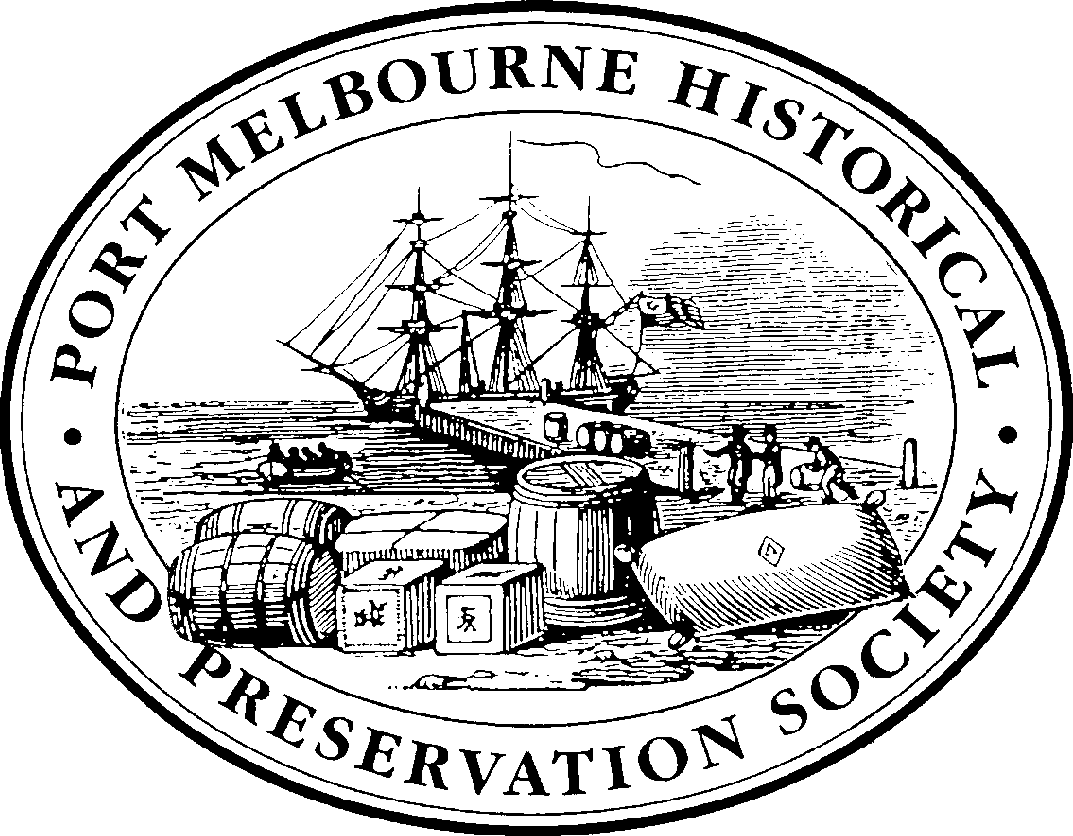Lovett, William James (84)
Place of Birth: Port Melbourne, VIC
Age: 22 years 4 months
Enlistment Details: Thursday, 10 September 1914 – Melbourne, VIC
Service Number: 84 view online service record
Address:
Northcote, VIC
Next of Kin:
R Lovett (mother)
Northcote, VIC
Embarkation Details:
Date: Tuesday, 22 December 1914
Ship: HMAT Ulysses A38
Port: Melbourne, VIC
Unit: 14th Infantry Battalion
Fate:
DOD: Tuesday, 25 February 1919
Place: France
Private, 14 Infantry, died of disease, 25 February, 1919, aged 25, St. Sever Cemetery Extension, Haute-Normandie, France
84 (Parents : Richard (late) and Mrs Alicia Lovett, born Port Melbourne, educated St. Joseph’s, South Melbourne, family at 19 Johnson Street, Port Melbourne. He enlisted with his widowed mother simply shown as Northcote, but with “c-o Post Office” added, although an address in Collingwood is shown in a Death Notice. Lovett faced two Court Martials of charges of Desertion after arriving in France – the first in September, 1917 brought 30 days Field Punishment and the forfeiture of 58 days’ pay, but it appears that on conclusion of the sentence, Lovett almost immediately deserted and in late October was sentenced to 10 years penal servitude and 14 days loss of pay. The period of confinement was later commuted to 2 years, but in May, 1918, the unexpired portion was suspended. Lovett returned to his 14 Battalion unit, but in September was again Court Martialled on a third charge of Desertion and the ten year sentence was reinstated and he was incarcerated in the 2 Military Prison. (He was perhaps fortunate that he was serving with the Australian forces – under the British regime, he may well have faced a firing squad). Lovett was moved from the prison to 10 Australian General Hospital at Rouen, France on 11 February, 1919 where he died just over a fortnight later from bronchial pneumonia after being admitted with influenza. He was initially ruled ineligible to receive the standard medals – in this case, the 1914-15 Star, British War Medal and Victory Medal – but Army authorities appear to have had a change of heart and the awards were restored in June, 1920 when it was noted his mother had no other means of support other than £1 per week pension
